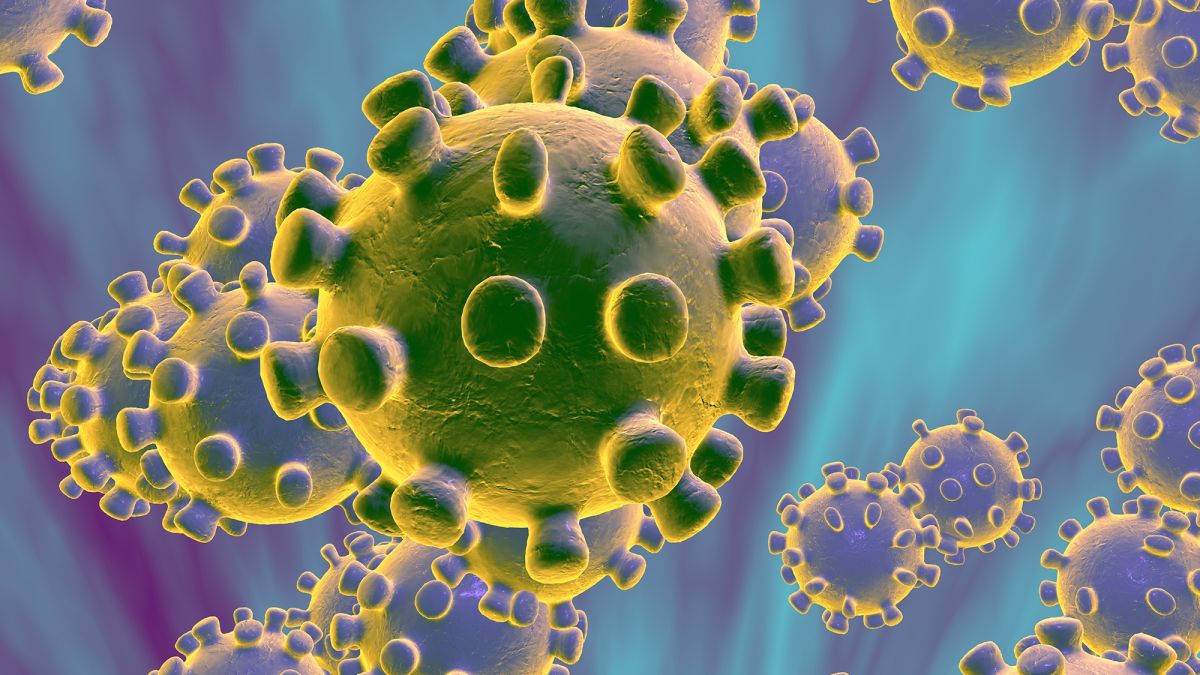Health data refers to personal information that relates to the health status of an individual. Considered as sensitive data it is subject to strict rules and can only be processed by health professionals who are bound by the obligation of medical secrecy, according to the European Data Protection Supervisor.
Furthermore, it must be noted that at EU-level, EU institutions and bodies collect and process health data of staff and sometimes members of their family for several purposes. These include pre-recruitment medical examination, annual medical visits, sick leave management, request to work part-time to care for a seriously ill or disabled family member, and so on.
What data should practitioners collect and how they should take care of such data? It is important not to process more personal data than necessary. Health data (such as medical certificates and other medical data, see certificates regarding a vaccination process) should be handled only by the medical service of the organization, according to the European Data Protection Supervisor.
This means that the HR department is not able to have access to health data, though in most cases HR practitioners do this as standard. Thus, the only data that an HR professional should have access to is about HR related procedures, such as the necessary data for providing sick leave.
At the same time, all members of a corporation must be informed about their rights and for what purposes their health-related information is processed. This is critical in the event of new environment, such as a pandemic outbreak. Also, entities must make sure that information relating to health is not kept on their files for longer than necessary. It is crucial to develop an ethical environment where people feel part of a great community with specific rules and morals.






















0 comments:
Post a Comment